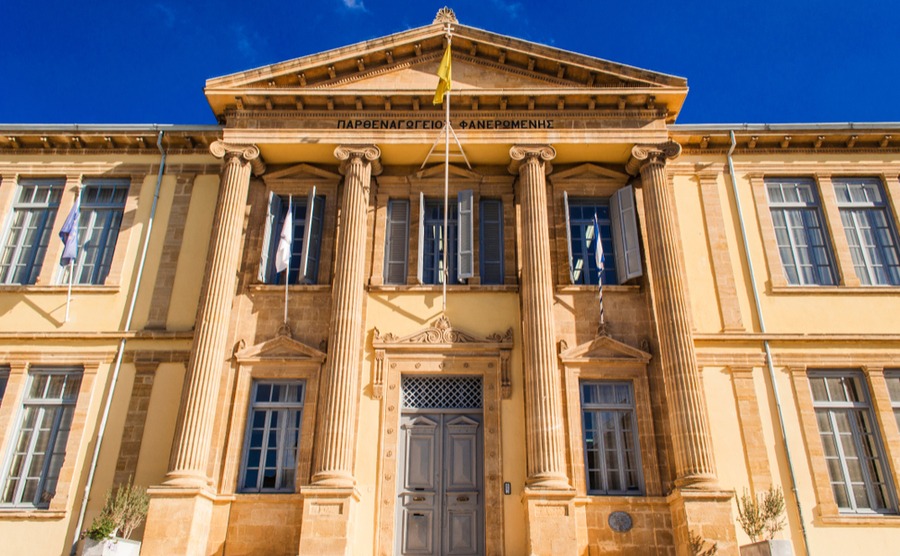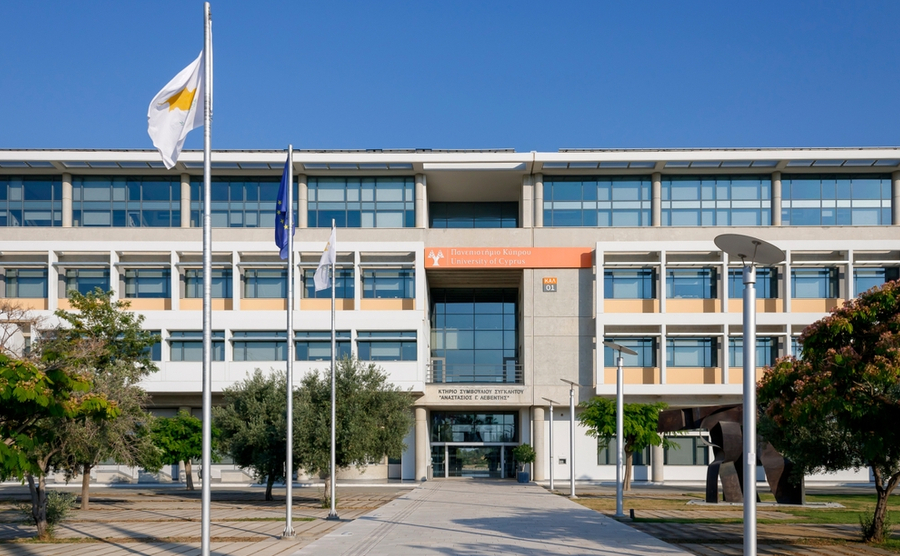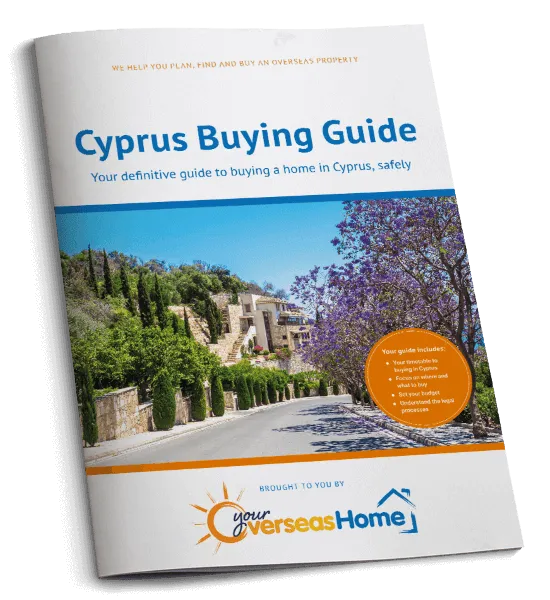Expatriate Helen has called Cyprus home for 30 years. She emigrated a few decades ago and raised her children in Cyprus, so who better to address what it’s like for expats with children?
“I fully recommend Cyprus as your child-friendly country where you can set up home.”

Are you looking to move with children to Cyprus?
Child welfare in Cyprus
They say the UK that an Englishman’s home is his castle, but I believe in Cyprus, a Cypriot’s ‘home’ is his children. All children, from birth to adults and even beyond adult age, are cherished. You cannot separate children from their family bonds at any stage of their lives. It’s also reflected in society.
You can take your children of any age to eat and drink in any restaurant or bar area, unlike in the UK. Owners are likely to make an effort to come over and make you and your children welcome. Family restaurants are designed with children in mind and there are often play areas for young children in Cyprus
There are theme parks for children of all ages like the waterparks in the coastal towns of Limassol, Paphos and Larnaca. With the sea never far away from your home, for example, 20 minutes from an urban home or 10 minutes if you live on the coast, your children will enjoy the sand and the sea and all manner of watersports.
I found this benefited both my children, especially my autistic son. It’s an ideal way to improve their mental health, and I know that children found the natural gift of the sea invaluable during the pandemic. As for mental health among children in Cyprus, UNICEF reports that Cyprus comes 2nd out of 38 countries surveyed for overall mental wellbeing. This is no doubt due to the dedicated family care and the ideal surrounding environment.

Phaneromeni School is the most famous school in Cyprus, founded in the 19th century.
State schools in Cyprus
When the British colonized Cyprus, an English-style state school system was introduced, but this loosely changed when Cyprus became independent. There are state (government-run) and privately-run kindergarten/nursery pre-school education, followed by state primary education, secondary education (termed “gymnasium”) and then Lyceum where pupils stay in school until they are university age (18). Pupils/children in Cyprus are legally required to remain in full-time education in Cyprus until 16.
The Lyceum stage is where pupils work towards their Cyprus ‘Apolitirion’. It’s a school-leavers certificate that is similar to the International Biauriculate (IB) and covers a range of subjects. Many cover all disciplines, including English, Maths, Art, PE and Science. This certificate is now accepted instead of A-Levels at all leading universities, including those in the UK, US and Europe. Lyceum pupils can opt to do A-Levels outside the state system, at private institutes. Overall, I think the state education teaching quality is very good, and pre-school kindergarten and primary school education is particularly good.

School children in Cyprus
Private schools in Cyprus
Private, fee-paying independent schools run parallel to the state schools in Cyprus. These used to be limited to primary and secondary education, but they have expanded over the years to include kindergarten/nursery education as well, often on the same premises.
There are entrance exams that all pupils, Cypriot or international, have to sit before starting the school. These schools follow the English curriculum key stages and are all taught in English. The schools are staffed either with UK teachers or Cypriot teachers who have studied in the UK.
Extra-curricular activities are common, just like in the UK, and there is a variety in what you can do. Examples include watersports, martial arts, basketball, football and the Duke of Edinburgh award. A recent development in the private school system is that pupils can choose between the English curriculum and sit A-Level exams or they can follow the Cyprus Apolitirion system, or in some cases, they can follow both.
Similarly, pupils can also choose to follow the Sports Education route or the Academic Education route. The Sports Education route is there for those who want to continue sports to a professional level while also studying the regular school curriculum with their peers. This is great because it promotes sports continuation in young people and gives them access to a balanced education. An example of the fee range for one private school in Limassol is from €5,580 for first- and second-year primary school to €8,460 by the time your child reaches the final two years of secondary school/lyceum. (American Academy)

University of Cyprus campus in Nicosia
Universities in Cyprus
When I first came to Cyprus, higher education was very much non-existent here. There were some colleges here and there, offering courses similar to colleges in the UK, but most of the students there studied school subjects in greater depth, in order to be accepted via university exams at universities in Greece. As the years passed, these colleges applied to obtain private university status and have since offered higher education.
Now, the University of Cyprus in Nicosia has entered the world’s stage and is becoming well-known, not only for young Cypriots but also international students. Accommodation and student life is amply provided and the subjects are taught in English. It has just achieved a new high ranking (201-250 out of 1,059 universities studied) in the Times Higher Education international ranking table for science disciplines like clinical and health science, and psychology disciplines
For those of you who have school-aged children, then, you can be sure that they will receive a school and higher education equivalent to what they would receive in the UK here in Cyprus, and in my opinion they will also have positive mental health, due to the calming unique Cyprus environment they will grow up in. As a teacher myself, I believe these must go hand-in-hand in children’s lives.


 Property Guides
Property Guides France
France Portugal
Portugal Spain
Spain Italy
Italy USA
USA Ireland
Ireland Greece
Greece Cyprus
Cyprus Australia
Australia New Zealand
New Zealand Canada
Canada Turkey
Turkey UK
UK







